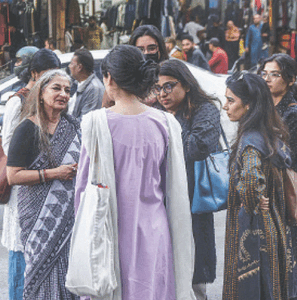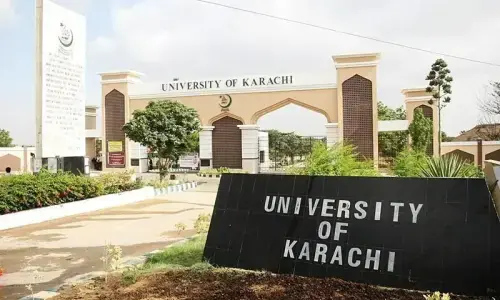HYDERABAD, May 27: The leaders of civil society have urged the government to provide accommodation with proprietary rights to all citizens of state as enjoined in the Constitution and announce a comprehensive policy in this regard, especially for women, minorities and other under-privileged segments of society.
They were speaking at a seminar on “Residential Land Rights in Sindh” organised by the Institute of Social Movements (ISM) in collaboration with Oxfam-GB here on Thursday.
Dr Pervez Pathan of ISM said that in accordance with universal declaration of human rights, international law and the Constitution of Pakistan, the government was duty-bound to provide residential accommodation and other basic facilities to all citizens.
A large population of Pakistan, particularly in Balochistan, was deprived of this fundamental right, and if accommodation was provided to flood survivors, the situation would become alarming, he said.
Mustafa Baloch of the Strengthening Participatory Organisation said that Zulfikar Ali Bhutto was the first ruler who acknowledged this right and gave proprietary rights to people living in katchiabadis. He urged present rulers to emulate their great leader.
Ms Fatima Naqvi of Oxfam-GB advised the government that while distributing state land it should ensure that barren land was not allotted to the poor recipients. There was no comprehensive housing policy in Pakistan and the government must evolve a policy, she said.
Zulfiqar Halepoto of the Sindh Democratic Forum said that a large chunk of state lands had been occupied by land grabbers throughout Sindh and according to a report, accommodation had become a serious crisis in 200 talukas of the province.
Comrade Ramzan Memon of the Bhandar Hari Sangat said that one of the main causes behind perpetuation of forced labour in Sindh was that the poor peasant had no place to live.
He stressed the need for launching a political struggle to solve people's residential problem.
A minority leader M. Parkash said that 40 to 50 per cent of haris in Sindh belonged to Hindu community out of whom 90 per cent did not have their own houses.
Zulfiqar Shah of the ISM said while summing up the discussion that residential accommodation and its proprietary rights was a political, social and economic problem.

































